While Adrienne Fitzer, PhD isn’t a social worker, she has spent years studying ethics codes of many behavioral and mental health organizations and found that the NASW Code of Ethics is organized in a way that is easy for business owners to emulate. In the final entry of the Business Ethics for Business Owners Series, we find inspiration in the structure and content of the social workers’ ethics code and start pulling all the work we have done so far into a working living document. If you are new to this series, we recommend starting at Part 1 and reading through in order.
 Maybe you are wondering if we have a big book in the office that has “ ABAC Business Ethics” printed in gold foil and fancy font right along the binding and the front. We don’t. What we have is a set of well articulated statements in various documents that I turn to when we hit a barrier. Those statements, plus the all of the codes of ethics I refer to regularly for guidance help me make the decisions I need to make when things get tough. Nevertheless, the exercises we have been doing over the past three weeks have coincided with some spring cleaning at ABAC and we are now pulling together everything just like I have asked you to. But how to organize it all?…Hummmm- well I don’t have time to figure it out so I made my job easier by turning to a document that I find to be very well organized- The National Association of Social Workers Code of Ethics. From a business perspective there are sections that don’t quite fit of course, but the structure is great nonetheless.
Maybe you are wondering if we have a big book in the office that has “ ABAC Business Ethics” printed in gold foil and fancy font right along the binding and the front. We don’t. What we have is a set of well articulated statements in various documents that I turn to when we hit a barrier. Those statements, plus the all of the codes of ethics I refer to regularly for guidance help me make the decisions I need to make when things get tough. Nevertheless, the exercises we have been doing over the past three weeks have coincided with some spring cleaning at ABAC and we are now pulling together everything just like I have asked you to. But how to organize it all?…Hummmm- well I don’t have time to figure it out so I made my job easier by turning to a document that I find to be very well organized- The National Association of Social Workers Code of Ethics. From a business perspective there are sections that don’t quite fit of course, but the structure is great nonetheless.
The following is a break down of how the NASW Code of Ethics is written and some suggestions that you can use to adapt the structure to your business ethics document. You should adjust the structure as you see fit for your organization.
The First Page
The first page is pretty simple but it packs in a ton of information. It includes:
- The Title of the Document
- The Document Overview- What is the document, who is it for, and why. Then they follow with a brief description of the sections. Depending on the size of your organization this may not be necessary but it is a good exercise in brevity. The entire overview is one paragraph long.
- A Description of organization
Mission
- In the NASW Ethics Code this is called the “Preamble” For our document we will title the section Mission and beneath it include our purpose, mission, and “why we do it” statements.
Purpose of the Document
- In the NASW Ethics Code this is a nice overview of what the document includes with elaboration, provides information about ethical decision making, disagreements, and other resources to reference. There are some disclaimers and legal information and in what situations the ethics code applies.
- We are leaving this to the end of our writing process. It is somewhat like writing the forward to a book. You may have the general outline but you really need the book to be done before you can write the forward!
Ethical Principles
- In this section NASW lists each value in their value statement and then below provides an ethical principle. Below each principle is an explanation. This is the core or heart of this document in my opinion and will be the heart of our Business Ethics as well.
Let me give you two examples from the NASW Code of Ethics
Value: Service
Ethical Principle: Social worker’s primary goal is to help people in need and address social problems
Social workers elevate service to others above self-interest. Social workers draw on their knowledge, values, and skills to help people in need and to address social problems. Social workers are encouraged to volunteer some portion of their professional skills with no expectation of significant financial return (pro bono service).
Value: Dignity and Worth of the Person
Ethical Principle: Social Workers respect the inherent dignity and worth of the person
Social workers treat each person in a caring and respectful fashion, mindful of individual differences and cultural and ethnic diversity. Social workers promote clients’ socially responsible self-determination. Social workers seek to enhance clients’ capacity and opportunity to change and to address their own needs. Social workers are cognizant of their dual responsibility to clients and to the broader society. They seek to resolve conflicts between clients’ interests and the broader society’s interests in a socially responsible manner consistent with the values, ethical principles, and ethical standards of the profession.
Now let me give you an example of a draft from ABAC’s Business Ethics
Our company culture is rooted in the tenets of the golden rule, teamwork, inclusion and acceptance, and giving back, and provides a solid foundation for ongoing organic growth inspired by the needs of our employees, our guest speakers, and most importantly, the global community of professionals we support.
Value: Golden Rule- Treat others as you would want to be treated.
Ethical Principle: An ABAC Team Member’s primary goal is to communicate and interact with others in a way that respects the other person’s time, needs, culture, background, and education.
IN DRAFT (We are always adding and writing and updating- these should be dynamic documents!):
An ABAC Team Member is careful to respond to customers, guest speakers, committee members, fellow employees, interns, volunteers and strategic partners in a timely manner. If a correspondence is unclear or written in a way that if off-putting, an ABAC Team Member takes the time to discuss the correspondence with another team member before responding, putting in the effort to get clarification when necessary, and taking extra care to demonstrate equal gratitude when constructive criticism (or other negative feedback) is given as when positive feedback is given. As we would want others to be patient when we are having difficulty, the ABAC employee is patient with customers, attendees, speakers, and others when they have trouble with registering for an event, logging into our learning management system, downloading a certificate or other.
Ethical Standards
- Depending on what type of company you own or run, your standards will differ but I like the general outline provided in the NASW Code of Ethics. You may not need to develop a set of standards as detailed as these. Check them out though. You may find some of the standards don’t apply but there are some that definitely will make you want to take notes!
Social Workers’ Ethical Responsibility to Clients –
This section provides guidelines from everything to competence, cultural awareness, and social diversity, and how to handle conflicts of interest and maintain privacy and confidentiality to use of derogatory language and payment for services.
How does this apply to business? Use this section to find relevant guidelines for inspiration when providing guidelines for how everyone who works in your company (including the owner and other leaders) should interact with clients, customers, consumers, and vendors.
Social Workers’ Ethical Responsibility to Colleagues-
This section provides guidelines on how social workers should interact with others in their field and professionals in other fields. It also provides guidelines on how to handle disputes and address unethical behavior of colleagues.
How does this apply to business? Consider using this section to find relevant guidelines for how owners and other leaders should interact with employees, each other, and how employees should interact with each other.
Social Workers’ Ethical Responsibility in Practice Settings-
There are nice guidelines in this sections for how to supervise, train, and store records, conduct performance evaluations and more.
How does this apply to business? Consider using this section to see how your supervision, training, and administrative practices hold up from an ethical standpoint. While it may be harder to match your business up with a social worker’s practice I think you will find some guidance that applies to a wide variety of businesses.
For example:
3.03 Performance Evaluation- Social workers who have the responsibility for evaluating the performance of others should fulfill the responsibility in a fair and considerate manner and on the basis of clearly stated criteria.
Right? This can apply to all businesses!
The next two sections are great and you should take the time to read them and challenge yourself to determine how they may apply to your business.
- Social Workers’ Ethical Responsibilities as Professionals
- Social Worker Ethical Responsibilities to the Social Work Profession
And finally-
Social Workers’ Ethical Responsibility to the Broader Society-
This final section is full of wonderful and inspiring guidelines that may actually make you want to add onto or update your Ethical Principles section or at least think about how you as a company or organization can give back to the community. For example:
6.01 Social Welfare-Social workers should promote the general welfare of society, from local to global levels, and the development of people, their communities, and their environments. Social workers should advocate for living conditions conducive to the fulfillment of basic human needs and should promote social, economic, political, and cultural values and institutions that are compatible with the realization of social justice.
But I have another ethics code I follow!
Great! Use that one to find additional inspiration. Don’t stop there! Find others if you would like to. My goal was simply to give you a good model for structure and content.
Business Ethics for Business Owners: Now what?
Now that you have an outline and a better idea of what your business ethics can look like the hard work begins. You need to work with your employees, your legal teams, your advisory board, your partners, and iron out what this document will be for your company. Remember- we didn’t start this journey to create a document that would tell you what decisions to make when you face barriers during your tenure as a business owner. We started this journey together so you could create guidelines to help you make decisions that align with your company’s values to overcome barriers in a way that doesn’t compromise your integrity or that of your employees.
Let’s be honest- It takes team of people to write the ethics codes for major organizations like NASW or APA. If you own a very small company, you probably don’t have the time to write a detailed set of ethical standards for you and your 3-10 employees! I get it. If you feel like you can’t possibly get started because you think the process will be too hard or will take too long, I understand. Trust me I do. So scrap the Ethical Standards Section for now and focus on developing a solid set of ethical principles with your team so you have a blueprint for ethical decision making.
I hope you enjoyed this journey with me and have found it useful. Remember- we didn’t do all this work to put your Business Ethics in a binder and hide them on a shelf! Frame them. Consult them. Revise them. Just don’t forget them.
Reference
National Association of Social Workers (2017). Code of ethics of the National Association of Social Workers. https://www.socialworkers.org/About/Ethics/Code-of-Ethics/Code-of-Ethics-English





